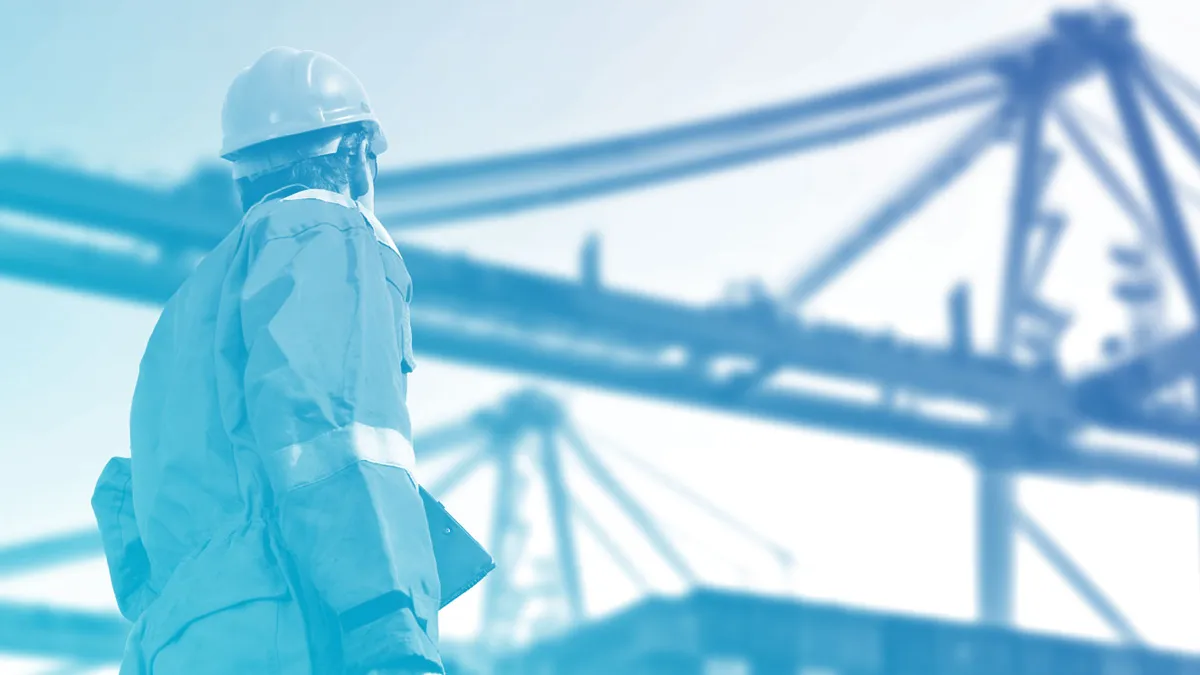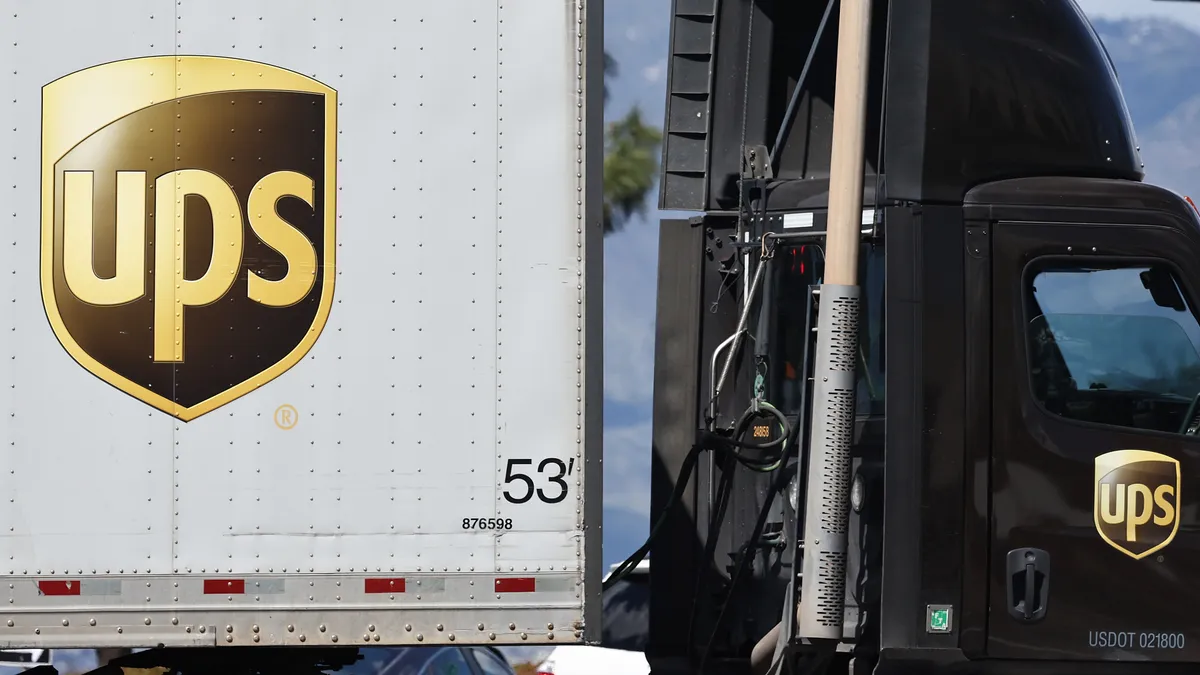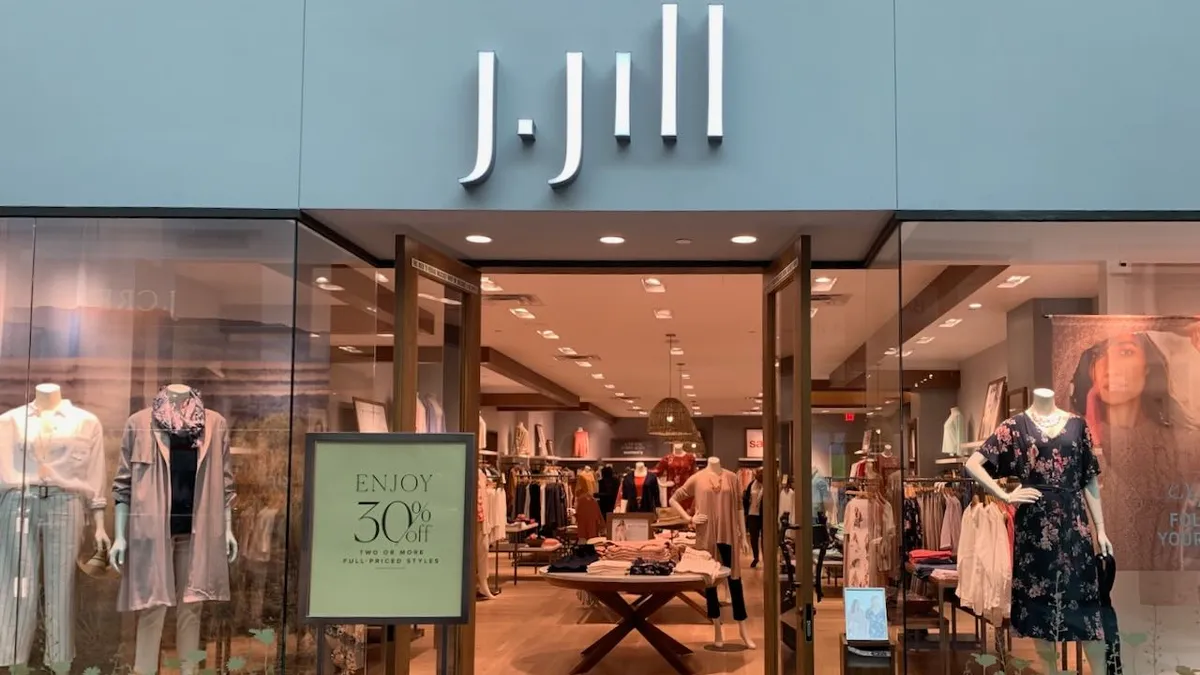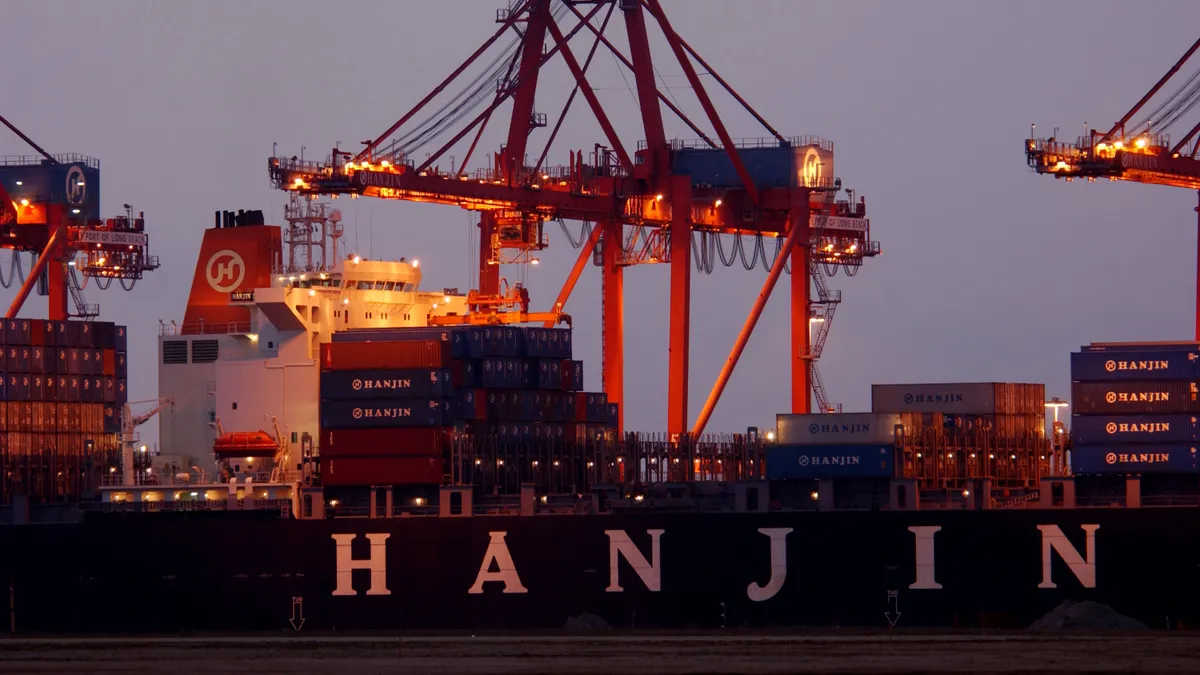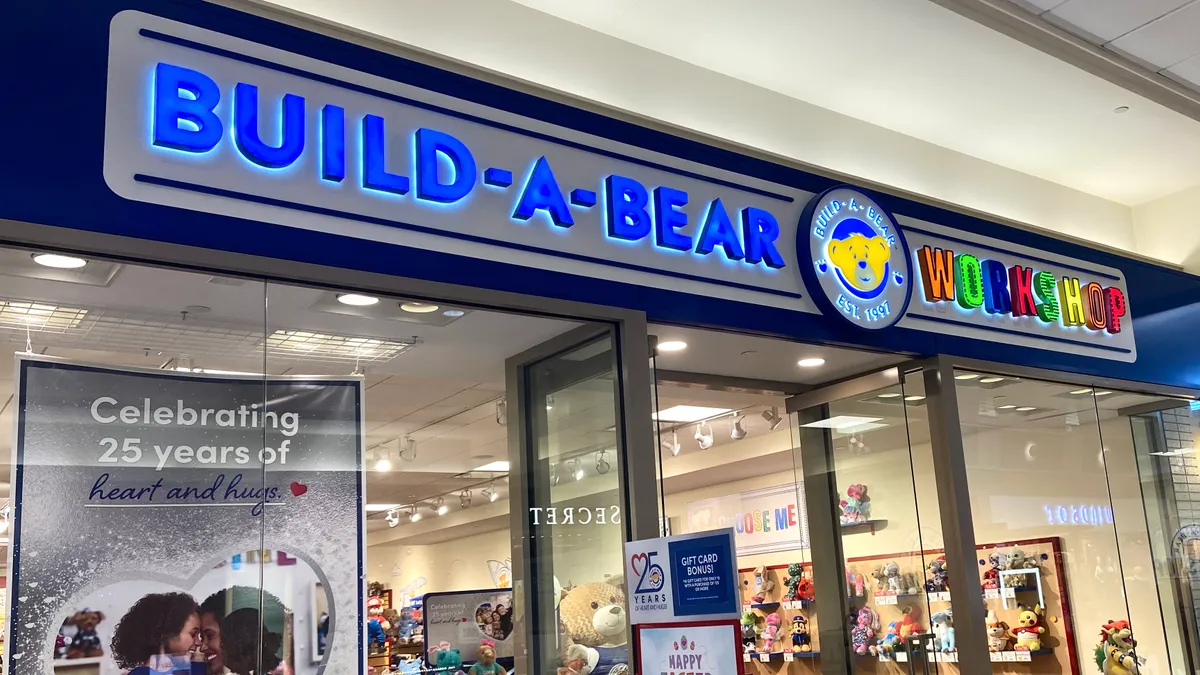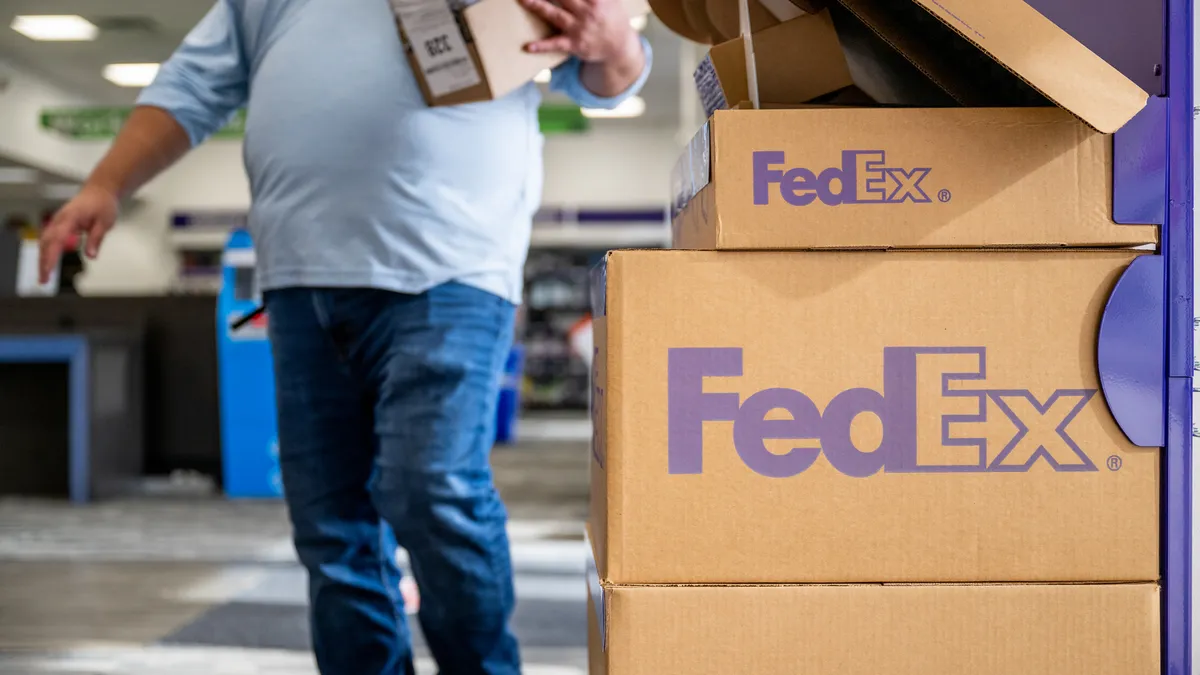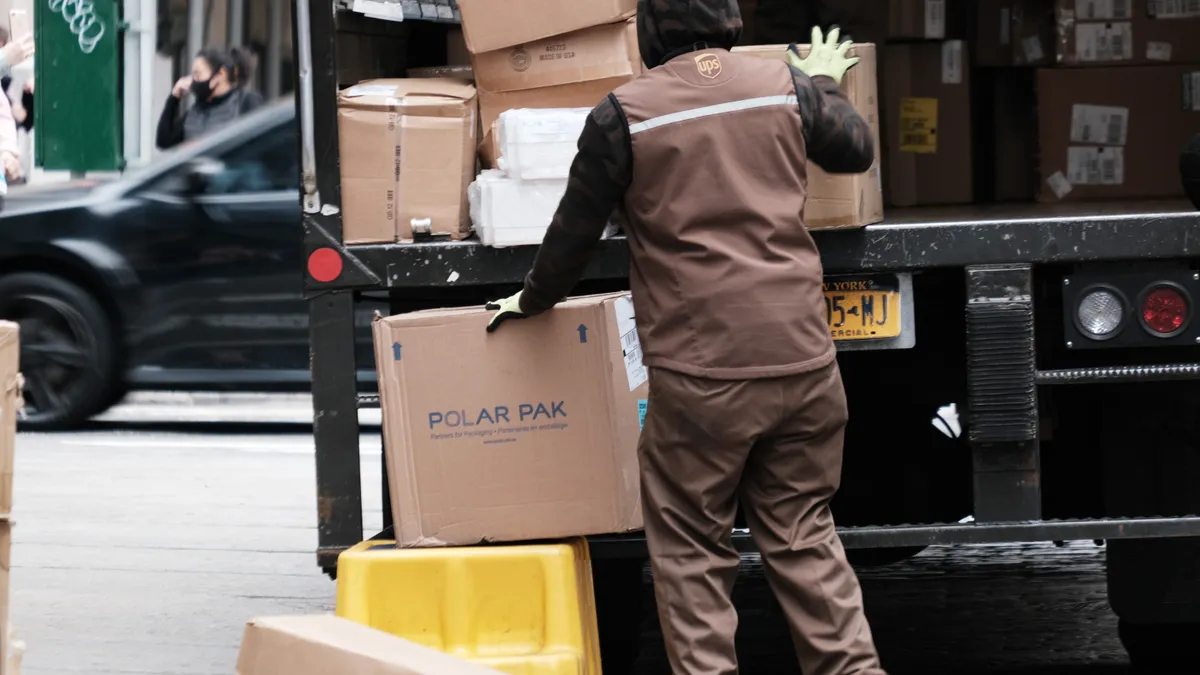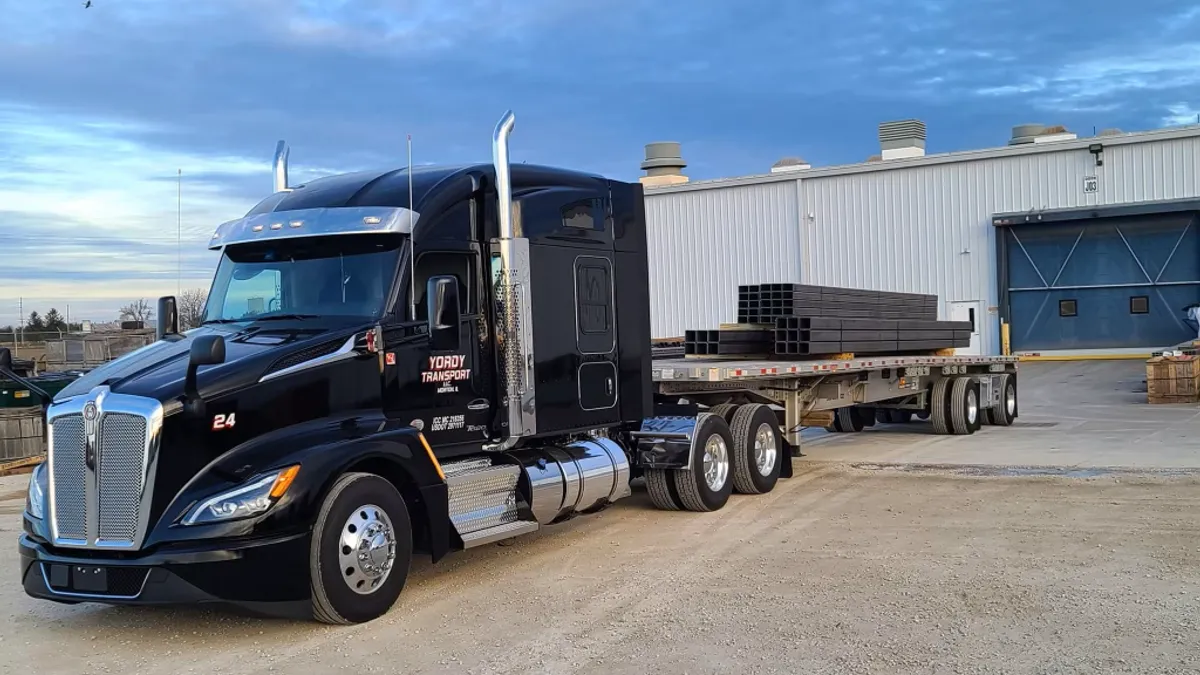In Case You Missed It
- The effects of changes to NAFTA rules of origin should not be underestimated.
- Digital sourcing has already disrupted the apparel industry.
- Cargo airlines may be looking at ways to bypass the freight forwarder.
Market Snapshot
The Commerce Department released Q2 GDP data yesterday, reporting that real GDP grew 3.1% according to according to the Bureau of Economic Analysis. The BEA said that’s one percentage point higher than the “second” estimate released in August and nine percentage points higher than Q1 this year.
The BEA said the increase in business investment included equal investment in equipment, structures and intellectual property.
If consumers are spending more, that means if business isn’t good now, then it will be soon. In fact, the Commerce Department’s data coincides with a survey just published by the Federal Reserve Bank of Dallas — despite the devastation wrought by Hurricane Harvey, the general business activity index jumped to 21.3 in September, “the highest reading in seven months.” The survey also found that Texas factory activity “continued to increase.”
That’s impressive, given the damage done by Harvey and Irma, especially because the survey’s results are based on the responses of Texas business executives. But the positive outlook isn’t necessarily unexpected — after all, business will be good for the companies and manufacturers providing the means for the Texas Gulf Coast to rebuild.
The aftermath of Harvey and Irma may temper growth in coming months, so this surge will likely be a good boost for business to handle the rebuilding challenge.
Technically Speaking
Get ready for another blockchain alliance: according to Coindesk.com, Hitachi and Mizuho — a Japanese financial services company and retail banking company — are setting up their own blockchain ledger to streamline payments, provide greater cybersecurity and transparency.
The news coincides with positive attitudes toward blockchain technology at the CSCMP Edge conference in Atlanta this week.
“My goal is to get you to adopt blockchain, because it is the future,” IBM Watson Supply Chain Ecosystem and Innovation Leader Shari Diaz told conference attendees Tuesday.
Meanwhile, artificial intelligence (AI) implementation is still a hot topic for supply chain professionals as startups like ClearMetal and established companies like IBM use the tech to make supply chains more efficient. At the CSCMP Edge conference, ClearMetal CEO Adam Campain acknowledged that AI is “a buzzword in the industry,” but also said AI-based tech will accelerate and improve supply chains.
“This is transformational in terms of lead times,” he told conference attendees in a session.
Right now, it seems like he isn’t wrong — one of ClearMetal’s clients, Georgia Pacific, has been very pleased with the tech’s capabilities.
“One of the biggest reasons we do this with ClearMetal is because our customers need ot plan how to manage inventory levels,” said Alejandra Dorronsoro, senior international logistics manager for Georgia Pacific.
And speaking of AI, The Wall Street Journal just reported that Ford and Lyft are partnering to develop self-driving cars.
Breaking Ground
Weeks after Gov. Snyder approved a million-dollar tax incentive package for Foxconn to set up shop in Wisconsin, the Michigan Strategic Fund Board approved a $4.5 million state grant to help Amazon build its third distribution center in the state, according to the Detroit Free Press.
Local governments have always offered incentives to companies to move in, but as the e-commerce market continues to gain momentum, it’s unsurprising that states want more e-commerce hubs.
In other big news, Hawaii finally set a construction date for Honolulu Harbor’s new $448 million terminal, after 10 years in the works. The terminal includes 84 acres of container yard space and 1,800 linear feet of berthing space, according to Port Technology. The target completion date is currently 2022.
To wrap things up, Iowa-based grocer Hy-Vee will build its first distribution center outside the state. The 1 million square foot center will be built in southern Minnesota, according to the Des Moines Register.
Mergers and Analysis
This week The Wall Street Journal reported some interesting data on the M&A market: The number of U.S. mergers and acquisitions increased this year, but the value of the deals fell 15%. According to the Journal, the lack of activity could be prompted by the impending new corporate tax and trade policies.
Despite the data, the Journal also noted Wednesday that German industrial giant Siemens and French train-and-bus-maker Alstom are merging rail operations to compete with China, and Reuters reported that U.S.-based car parts distributor Genuine Parts will enter the European market by acquiring Alliance Automotive Group for $2 billion.
In other news, the Houston Chronicle reported a host of real estate investment firms are buying, selling and acquiring several million square feet of warehouse space in Houston, TX, likely in part a swift response to the impending rebuilding of Harvey-damaged homes.
Speaking of rebuilding, Irish building-materials supplier CRH just bought U.S.-based Ash Grove Cement for $3.5 billion, according to Bloomberg.


